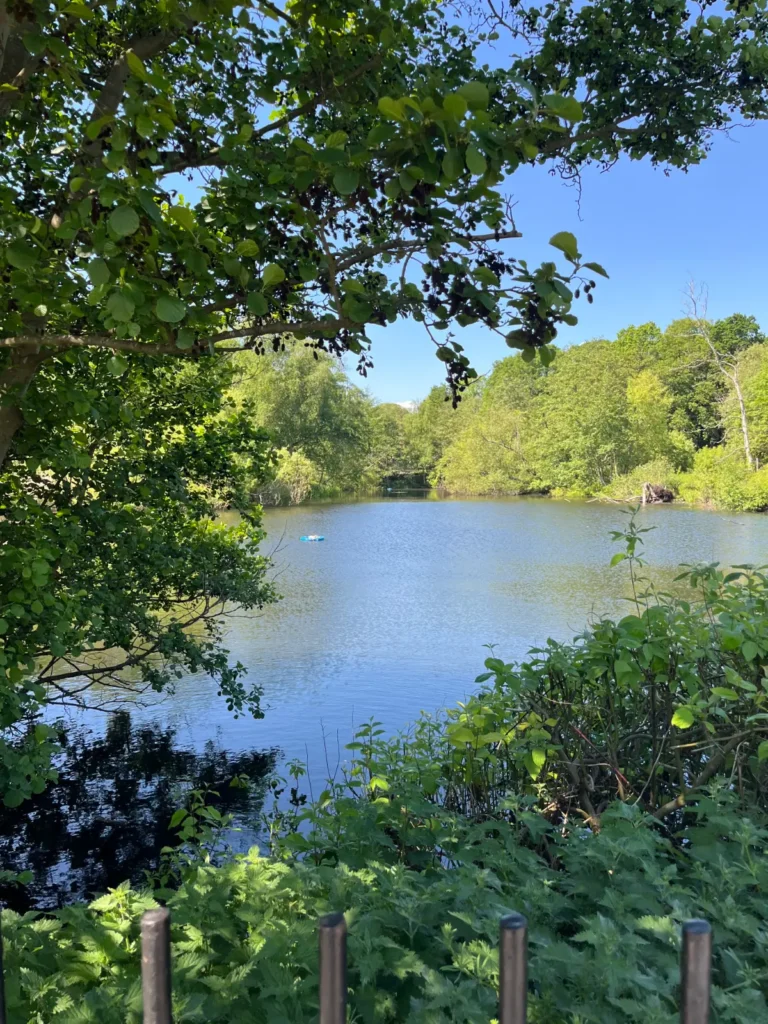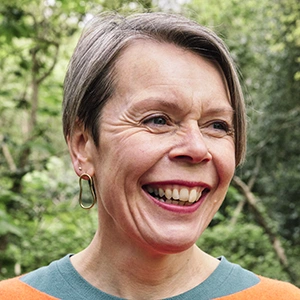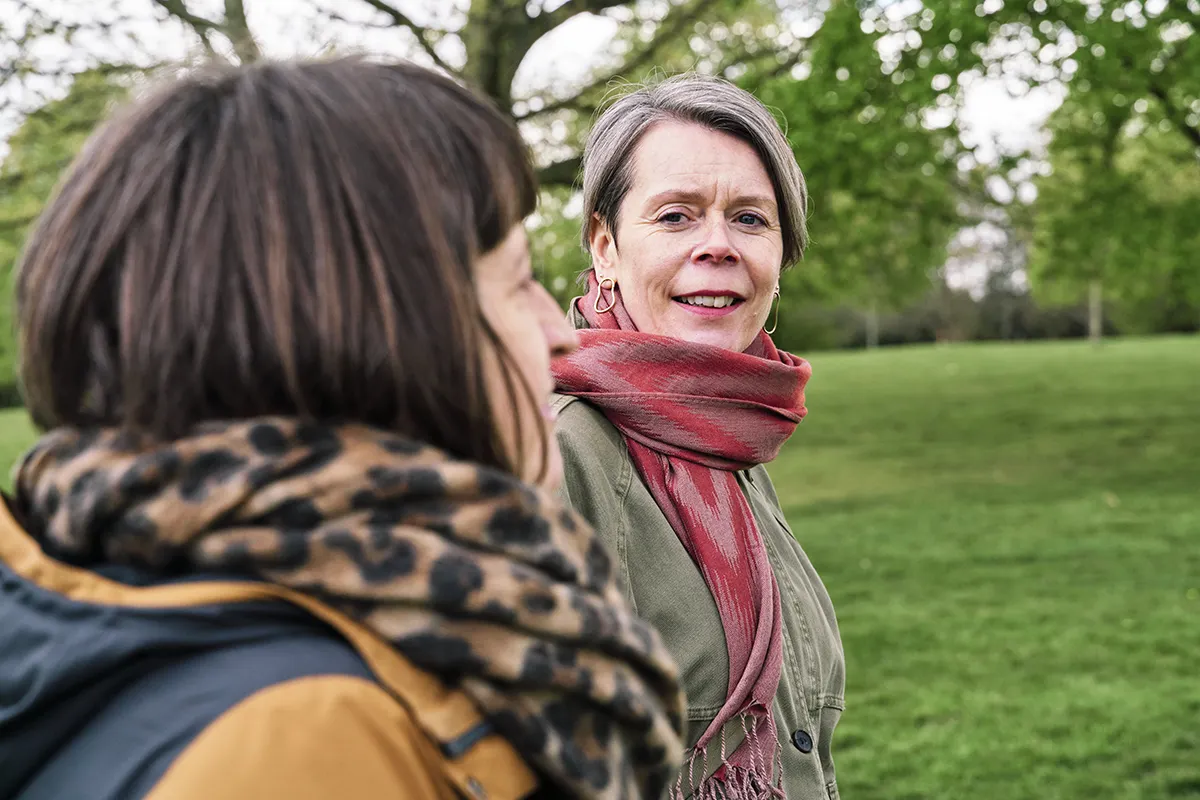You might be wondering if life coaching is right for you – or for somebody you know. Maybe you’re at a crossroads in midlife, juggling work and caring responsibilities, have financial pressures or you’re feeling stuck. Coaching can help you reconnect with what matters and take small steps forwards, but how do you know if it’s right for you?
Over five years of coaching outdoors, I’ve seen again and again how small steps can lead to big changes – especially when life feels messy or complicated. Acknowledging that help is needed might be the first step, but those additional steps – getting started, building on the small wins, working with someone not involved in your life – can be transformational.
Here are a few signs that life coaching could be useful, and how to know whether you’re ready.
How to Know if Life Coaching is Right for You
-
You want something to shift
Even if you’re not sure what exactly, there’s often a spark of change, a sense that something’s out of kilter and you’d like to explore it. -
You’re open to reflection
Coaching isn’t about advice or quick fixes and you won’t get that from me. Coaching is about asking the right questions and holding space to think differently. You’re willing to dig a bit deeper, get another angle on what’s preventing you from doing whatever ‘it’ is yourself, or achieving that goal that you’re not currently successful with – yet. -
You’re ready to take small steps
Coaching can bring challenges and discomfort, but you’re willing to be honest, to experiment, and to take ownership. You will move out of your comfort zone with this mindset, and we will definitely celebrate your small wins and achievements. -
Life is complicated — and that’s OK
Ageing parents, raising kids, the cost of living, job uncertainty — these are the realities of many I work with, they’re not reasons to delay working with a Life Coach. So let’s be realistic; we work with them, not against them. -
You don’t need to have a goal worked out
Many people I work with arrive with a sense of disconnect and are in need of a shift; they don’t necessarily come with a clear goal – and that’s OK. Part of the work can be clarifying the goal and sense of direction.
And if you’re wondering whether counselling, therapy or something else might be a better approach, ask the Coach. I’ll share if I think my coaching isn’t the best fit for your needs. I talk about this in my previous post, How to cope with Overwhelm in Midlife.

What to Look for in a Life Coach
When searching for a Life Coach, it’s a pretty personal and subjective choice, and there are lots out there. Having worked with a few coaches and had hundreds of free discovery calls, this is what I look for:
- Strong interpersonal (soft) skills; actively listens, has empathy, ‘gets me’ but doesn’t pander. Is adaptable in terms of approach, is encouraging, insightful, calm, level-headed.
- Relevant experience, formal training via a reputable coaching organisation, like the ICF or the EMCC. Ie you want a career change and to feel more confident in yourself, so the Coach should have experience doing this successfully with others. And, continual professional training (CPD), which is often on their LinkedIn profile – or just ask them.
- An added dimension that adds value – and this is hard to quantify! It’s a ‘something special’ element, an added bonus, or an ethos that inspires you. It’s like the seasoning and flavour in a recipe! For example, my Coach is a practising Buddhist and Mindfulness teacher – I didn’t set out looking for this, but I was kind of curious by it. Her practice and undeniable influence on my work has been hugely beneficial in ways I’d never imagined.
Ultimately, look for a Life Coach who gets you, gets your needs and whom you believe can get you to your goal. Your gut-feeling matters, trust your instincts. It’s also important to say that there are no guarantees you will get to your goal at the end of the coaching. But something will have shifted.
Coaching Questions to Help You Decide if Life Coaching is Right for You
-
What in my life do I need to explore or make sense of right now?
-
Do I have a sense that something needs to shift, even if I’m not quite sure to ‘what’?
-
Am I looking for a quick fix or lasting change? And if it’s lasting change, am I willing to put the work in?
-
Can I commit some time and energy to coaching, even if life feels full or uncertain?
-
Am I willing to be challenged – kindly and constructively – if it helps me move to where I want to be?
-
Do I want to feel more confident, clear, or in control of the decisions I make?
-
Have I lost touch with a sense of purpose in life?
-
If I let go of fear or doubt for a moment, what would I choose for myself right now?
A Note on Life Coaching Costs
Don’t assume that coaching can only be good if it’s expensive – that’s just marketing and branding. My belief is that coaching should be more widely available and accessible to more people, and that means breaking down barriers to coaching. Having worked with individuals at a reduced rate for a few years now informally, I’m about to introduce a sliding scale of pricing to make life coaching more affordable, more accessible. Please don’t rule it out on cost alone.
Final Thought
If this post resonates with you, or makes you think of someone you know who might benefit from life coaching, please do share it. And if you’re curious to learn more, my next blog post is all about what to expect from a life coaching ‘intro call’. Join my mailing list (below in the corner) to be the first to know!

